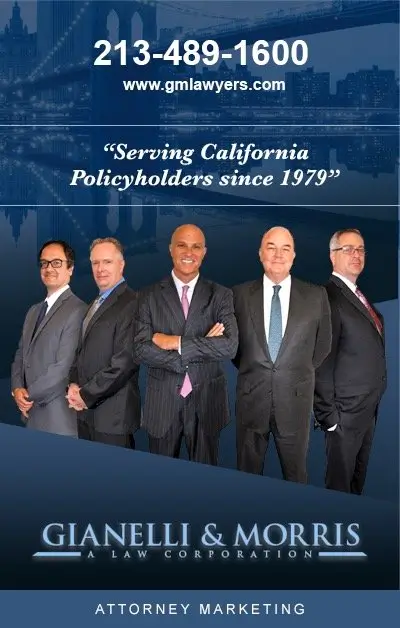Insurance Fraud

Despite written agreements and laws regulating their conduct, many insurance companies try to take advantage of customers who do not fully know their rights. Unscrupulous companies will go so far as to defraud customers to swindle them out of money to which they are entitled. State regulators, consumer protection agencies and seasoned insurance fraud lawyers can help you uncover insurance fraud by a broker, agent or insurer and protect you from fraudulent abuse.
Common Types of Insurance Fraud by Insurers
Fraud can occur when an agent fails to properly disclose all of the information relevant to a given policy, when they lie to deny claims, or when they engage in other practices intended to rob you of your hard-earned money or owed policy payout. Some examples of fraudulent activity include:
- Long-term care or life insurance agents or companies that unfairly raise premiums to unconscionable levels without proper justification
- Insurance products or investments that fail to fully or accurately disclose surrender charges or penalties, or policies that misrepresent as bonuses or benefits actions or restructuring of payouts that actually delay or limit payment
- Fake insurance companies with bogus policies or that do not have the capital to cover the policies they issue
- Accepting insurance premiums from clients but failing to actually apply them to client policies, so that clients unfairly lose coverage
- Cancelling claims without justification while continuing to collect premiums
- Fraudulent billing practices that overcharge customers, hospitals, or the government
- Duplicating insurance policies, or removing and replacing insurance policies to generate additional commissions
Warning Signs of Insurance Fraud
Senior citizens, in particular, are often the target of fraudulent companies or agents. Some warning signs that your insurance company may be engaging in fraudulent activity include:
- Agents or brokers that are overly aggressive or put time limits on policy “deals” to keep premiums from going up
- Premiums from one company are significantly lower (more than 10-15%) than other companies with similar coverage
- The company is difficult or impossible to contact directly because they either never answer the phone or do not have a phone number listed
Fraudulent activity occurs constantly in the U.S. According to the National Association of Insurance Commissioners, between 2000-2002, the federal General Accounting Office uncovered 144 fake insurers nationwide, selling fake policies to more than 200,000 policyholders and resulting in more than $252 million in unpaid claims.
How to Protect Yourself Against Insurance Fraud
Before you sign a policy, take the time to confirm that the company is legitimate. California residents can call the California Department of Insurance to make sure that the insurance company exists and is authorized to sell insurance in the state. The Department may also have information regarding consumer complaints about the company.
If you suspect foul play, contact an experienced insurance fraud attorney to evaluate your case and determine if you are indeed the victim of fraud.




